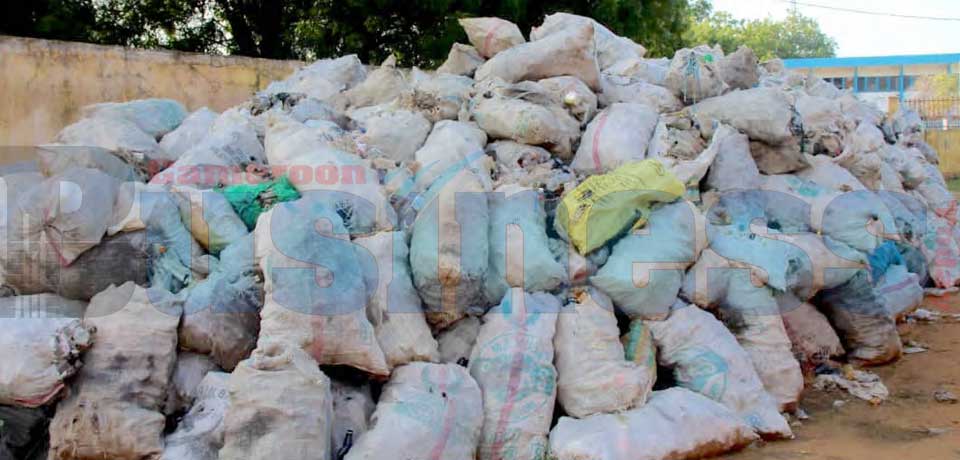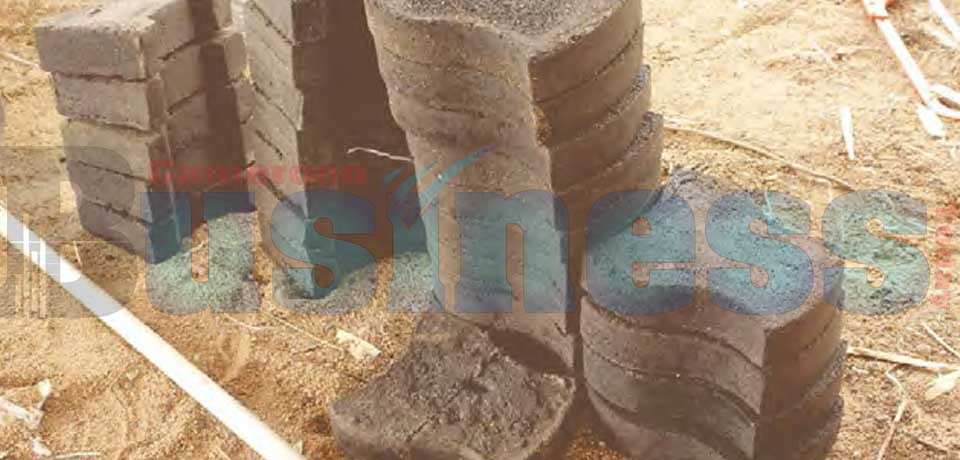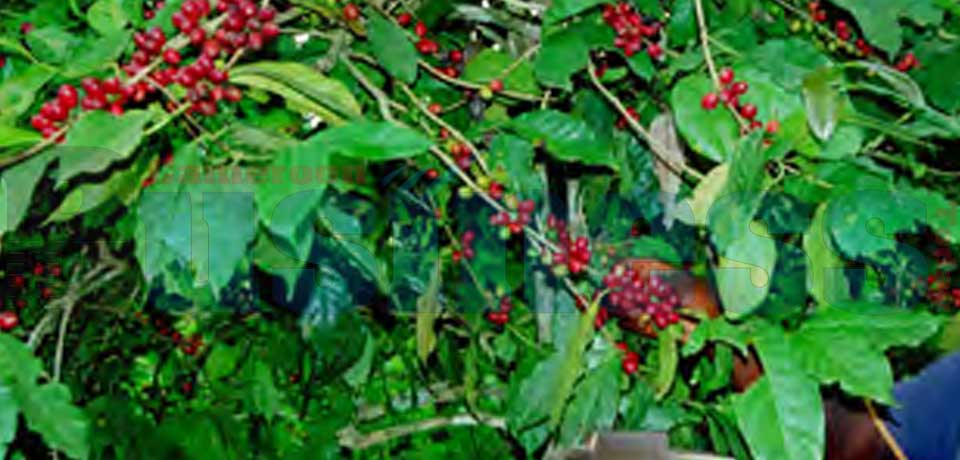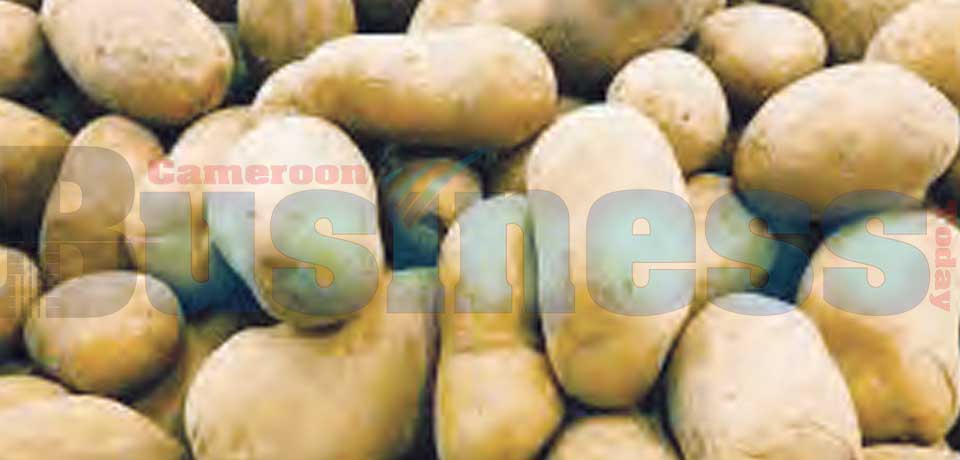Cameroon is said to be richly endowed with natural resources. What is the country’s forest potential, and what is the latter’s contribution to the national budget or GDP ?
Cameroon, which is part of the Congo Basin, the World’s second forested area, is blessed with a rich forest heritage estimated at over 22 million hectares, 17.5 million of which are exploitable forests. They are home to some 300 timber species and a wide variety of non-timber forest products, which are underexploited. The forestry sector contributes an estimated 4% to GDP.
In your presentation during the Cabinet Meeting of December 2017, you made mention of the low rate at which both timber and non– timber forest products are processed in the country. What accounts for this situation ?
As part of Government action, the Prime Minister, Head of Government, instructed me, during that Cabinet Meeting, to present a paper on the strategy formulated to process timber and non-timber resources locally. That paper highlighted the fact that the forestry policy seeks, amongst others, to promote and diversify the use of locally processed products, in a bid to enhance factory efficiency and boost the development of finished and semi-finished products for export. Available statistics at the Ministry of Forestry and Wildlife indicate for instance that 90% of processed volumes concern un-planed and undried sawn wood. Moreover, out of the 160 Wood Processing Units implanted in Cameroon, 25 end at the secondary processing stage (which involves products like wood panelling and floors, assembled wood, reconstituted solid wood, etc.) and just 11 deal in tertiary processing with products like boards, doors and windows, furniture, etc. Enhanced Timber Processing, which we all yearn for, is still done in small units scattered in urban centres. They are poorly equipped and offer low quality products that do not stand competition.
As for non-timber forests products, processing is still done on a small scale in processing units that offer semi-finished products. Such is the case with flagship forest products like Pygeum, Yohimbe, Gnetum and Andook. Apart from these, there is an emerging industry driven by NGOs, with such products like Neem, Moringa, Karite, Moabi, Rattan, Njansang and Bamboo. Apart from honey, these products do not stand a chance in the international market, owing to the absence of quality certification standards. In the same vein, industries like Bamboo and Rattan are handicapped by lack of technological capacity. In a nutshell, though several structures and private laboratories are keen on enhanced processing of non-timber forest products in Cameroon, the overall processing capacity in terms of quality and quantity still remains below the development potential of all the industries.
What are the estimated needs in training and equipment to give these forest products added value ?
In view of the foregoing, processing and equipment needs are many. In this regard, three years ago, we started training woodworkers in major urban centres in wood trades such as wood drying techniques and reconstituted solid wood, to render them more competitive in secondary and tertiary processing. 1,634 woodworkers have been trained to date. And this training cycle will be pursued. To this end, the renovation of the Yaounde Wood Promotion Centre was launched to enhance its performance in species promotion, training and supervision of woodworkers in the wood trades.
Besides, in 2015, we signed a Memorandum of Understanding with the German outfit, WEINIG Group, to institute a mutually beneficial technology watch for transfer of technologies predicated on supply of state-of-the-art equipment and capacity building. Other initiatives are underway such as the project to create a school of arts and wood trades, purchase, together with the Ministry of Secondary Education, of wood processing tools and driers for some secondary schools and associations of wood trades stakeholders.
Moreover, it should be underscored that the following actions have been undertaken as part of the implementation of the sustainable wood processing component of the Growth Industries Competitiveness Programme lodged at the Ministry of Economy, Planning and Regional Development:
- Conduct of a diagnostic study on technical and vocational training, and presentation of an action plan for wood trades;
- Set up of an inter-branch organisation for the wood sector;
- Technical approval, in conjunction with the Standards and Quality Agency, of 22 wood norms and standards, and production of a wood construction Guide suited to the national context;
- Provision of wood processing equipment to some training Centres, associations of wood trades stakeholders, Councils and City Councils.
<...
















Commentaires